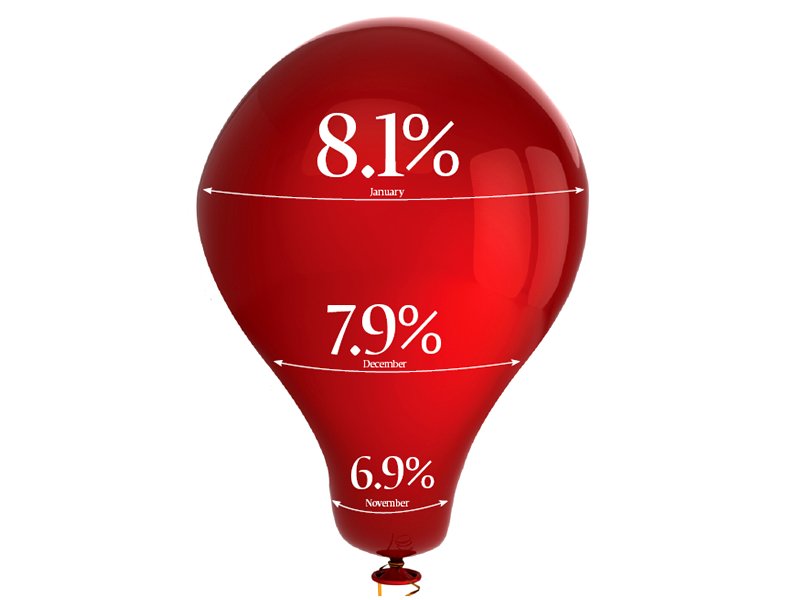
After setting up new lows in recent months, inflation picked up for the second successive month clocking in at 8.1% for January, raising prospects for an increase in interest rates by the State Bank of Pakistan in its next monetary policy announcement due on February 8.
The inflation rate, measured by the consumer price index (CPI), rose to 8.1% in January over the corresponding month of the preceding year, inflation bulletin released on Friday by the Pakistan Bureau of Statistics shows.
In November 2012, inflation – the rate of increase in prices of commodities –slowed down to 6.93%, the lowest level achieved in five years. However, post-November inflation rebounded, precisely according to the central bank’s and the International Monetary Fund’s expectations.
Average inflation during the first seven months, July to January, of the fiscal year 2012-13 climbed to 8.3%, according to the data from PBS.
The continuous increase in the CPI proves the claims of the government of achieving the macroeconomic objective of price stability wrong.
The experts believe that it will make sense for the SBP to increase the interest rates in its monetary policy statement, if it takes the decision by ignoring political advice, due to the continuous rise in inflation particularly core inflation – non-food and non-energy inflation – and the monetary aggregates.
The core inflation is sticking too close to double digits for comfort, hitting 9.9% in January, and climbing for the second consecutive month.
Officials say the reduction in discount rates did not bring an end to falling investments and stopped the economy from shrinking. Moreover, there was no credible evidence available that could suggest that investment was picking up due to monetary easing – injecting money into the system.
Similarly, credit figures to the private sector was also discouraging as till January 18 the figure stood at a meagre Rs95 billion against Rs210 billion in the same period of the last year. Earlier, The SBP warned that due to increasing government borrowing, there is little credit available for the private sector to grow.
After cutting interest rates, the only positive signs emerged in the real estate sector and the stock market that the analysts believe was more about profit taking rather than improvements in fundamentals of the economy.
Due to significant reduction in interest rates, the Directorate of National Saving Schemes had to reduce the saving rates. Investors pulled their money out of the national saving schemes and started investing in real estate and the equity market. The boom in equity market was also because of an amnesty scheme that the government offered last year.
The government’s loose fiscal policy was also contributing to inflation, according to the officials. During the first six months of fiscal 2013, the budget deficit remained at 2.8% of the gross domestic product (GDP) despite receipts of $1.9 billion from the United States on account of the coalition support fund (CSF).
The CSF receipts did reduce the budgetary borrowings from the central bank but borrowings by government from commercial banks continued unabatedly. Till January 18, the government had borrowed Rs771 billion from the commercial banks for budget financing. In return, the central bank was injecting money in the system to support the government’s borrowings.
In its recent assessment of Pakistan’s economy, the IMF observed that monetary and exchange rate policy needs to better contain inflation and external risks. It noted that the achievement of durably lower inflation will require more prudent monetary policy, accompanied by substantial fiscal adjustment to ease the government’s funding requirement, which has been driving inflation.
The IMF said that inflation in Pakistan will return to double digits by the end of fiscal year 2012-13.
Published in The Express Tribune, February 2nd, 2013.
Like Business on Facebook to stay informed and join in the conversation.
COMMENTS (2)
Comments are moderated and generally will be posted if they are on-topic and not abusive.
For more information, please see our Comments FAQ













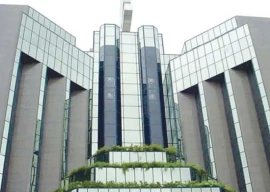


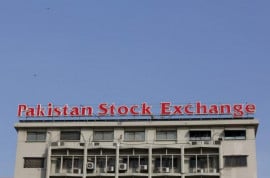
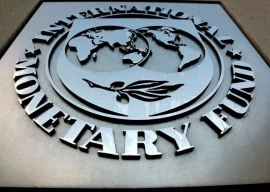
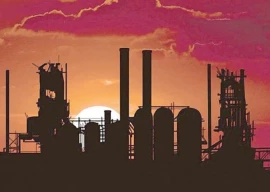
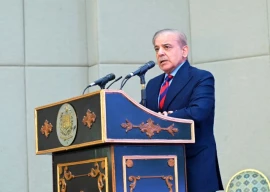
1715142871-0/imfsalary-(1)1715142871-0-270x192.webp)
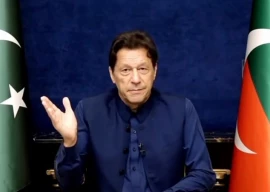
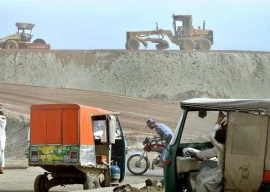
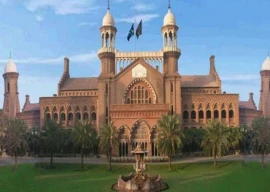







Monetary policies of State Bank of Pakistan to a large degree are to blamed for this.Why did they keep on reducing KIBOR?
Very well presented, Shahbaz.